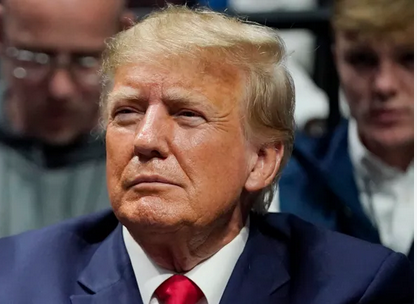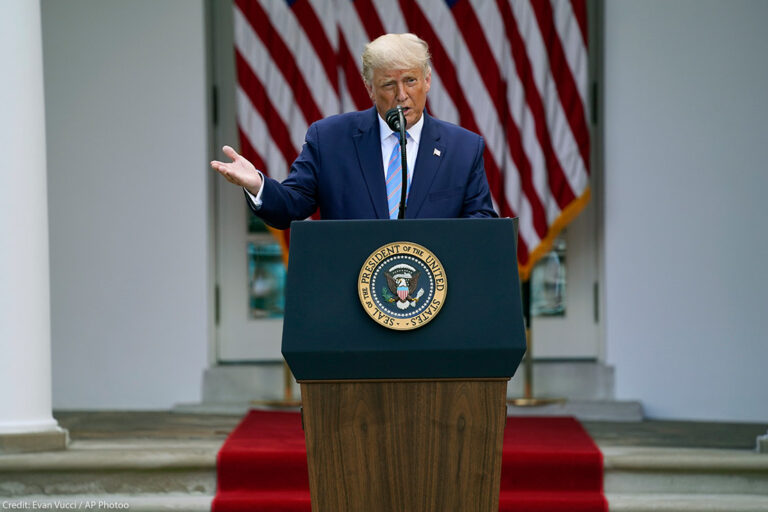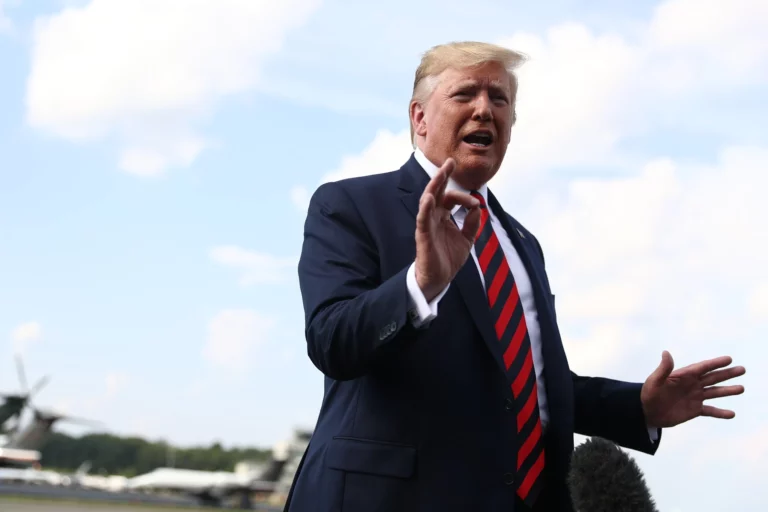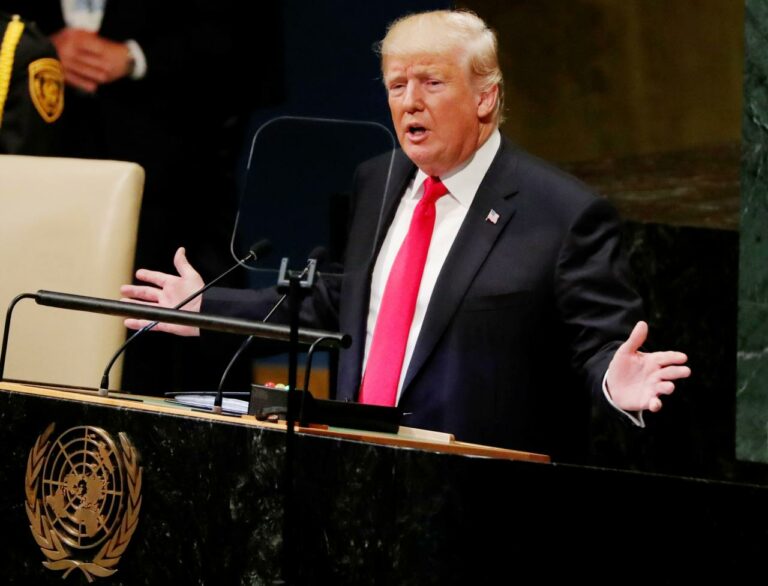To start with, the economic effects of Donald Trump’s presidency are compound and multidimensional. Diverse economists have different opinions about how Trump changed the economy; some claim he had both positive and negative effects. Numerous economic policies and initiatives implemented during Donald Trump’s presidency have had a noteworthy effect on the US economy. Trump’s approach to economic administration, which includes trade policy and tax reforms, has drawn praise and criticism. In this piece, we will examine the main economic sectors that have been impacted by Trump’s leadership and assess the effects of his initiatives.
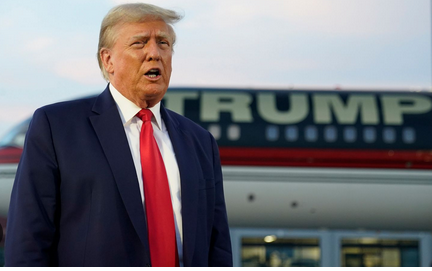
Trump’s Presidency: Tax Reforms
Furthermore, the Tax Cuts and Jobs Act, which was passed in 2017, was one of the most significant economic developments. Trump gave big tax reductions to big businesses and wealthy people. This law reduced corporation tax rates and gave individuals tax breaks to boost economic growth. The argument put up by supporters is that by encouraging investment by firms, these tax cuts have raised consumer spending and created jobs. Critics counter that the advantages of these tax cuts went mostly to the rich and increased the nation’s debt. The middle class and impoverished were left behind.
Trump’s Presidency: Trade Policies on China
Trump’s Presidency approach to global trade is defined by a concentration on safeguarding American businesses and lowering trade deficits. To combat what he saw as unfair trade practices, he imposed taxes on a variety of goods, focusing mostly on those from China. Even if the goal of these actions was to support American industry and safeguard home sectors, they also prompted retaliatory levies from other nations, escalating trade tensions and perhaps upsetting international supply networks. With duties on all imported solar panels and washing machines, Trump started the trade war. In the end, the United States lost the tit-for-tat trade battle Donald Trump launched with China. It is yet unclear how these trade policies would affect the economy in the long run.
Job Market and Unemployment
Before the global spread of the coronavirus from China, Trump‘s Presidency worked to make America’s economy the strongest it has ever been. The Trump Administration saw a 50-year low in the jobless rate and a record 160 million employed Americans. The United States went through a period of low unemployment rates while Trump was president. The unemployment rate hit record lows before the COVID-19 epidemic. Several factors, including persistent economic growth, tax cuts, and deregulation, were credited for this. But it’s crucial to remember that the epidemic had a big effect. It affected the labor market, causing unemployment rates to skyrocket and creating economic problems that went beyond Trump’s policies.
Stock Market Performance
Significant swings in the stock market occurred when Trump was president. Throughout his campaign, Trump did not miss an occasion to highlight stock market gains as proof of a robust American economy. The market saw bouts of volatility in addition to record highs, especially in reaction to trade tensions and uncertainty about the state of the global economy. There was discussion on how Trump’s policies affected the stock market; some claimed that his pro-business policies were the reason for market gains, while others contended that other variables were more important. The fact that the majority of the stock market is held by the rich and that middle-class and low-wage people do not benefit from it is another issue with using it as a gauge of the state of the economy.
Conclusion
In summary, there are many facets and complexities to the question of how Donald Trump’s presidency has affected the economy. Both positive and negative results have resulted from his approach to economic governance, trade policy, and tax reforms. Some allege that his actions increased trade tensions and worsened income inequality, while others claim they boosted economic development and job creation. It is critical to examine these effects in light of the larger framework of international economic dynamics and to take these measures’ long-term effects into account. The Trump administration’s economic legacy will influence talks and policies for years to come.

